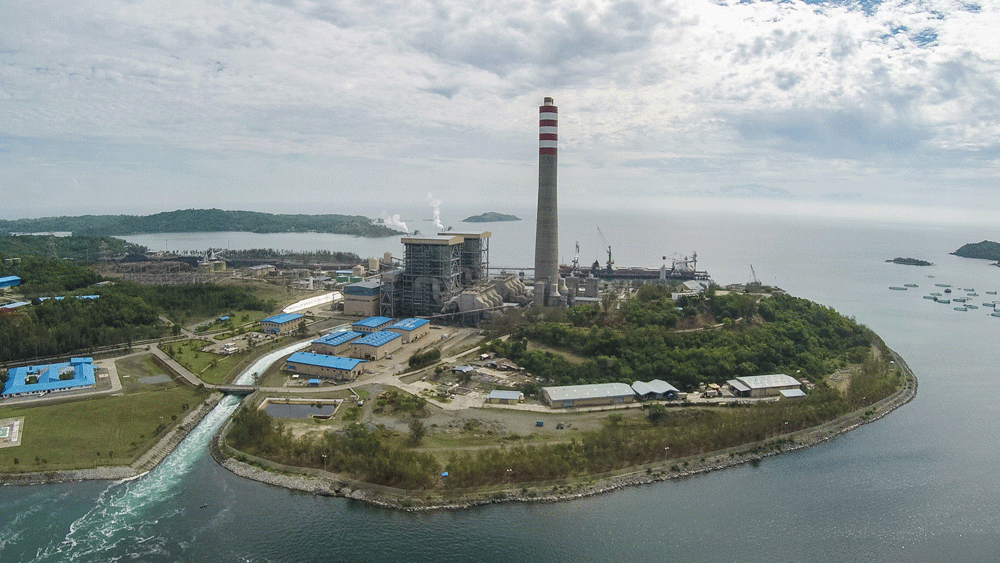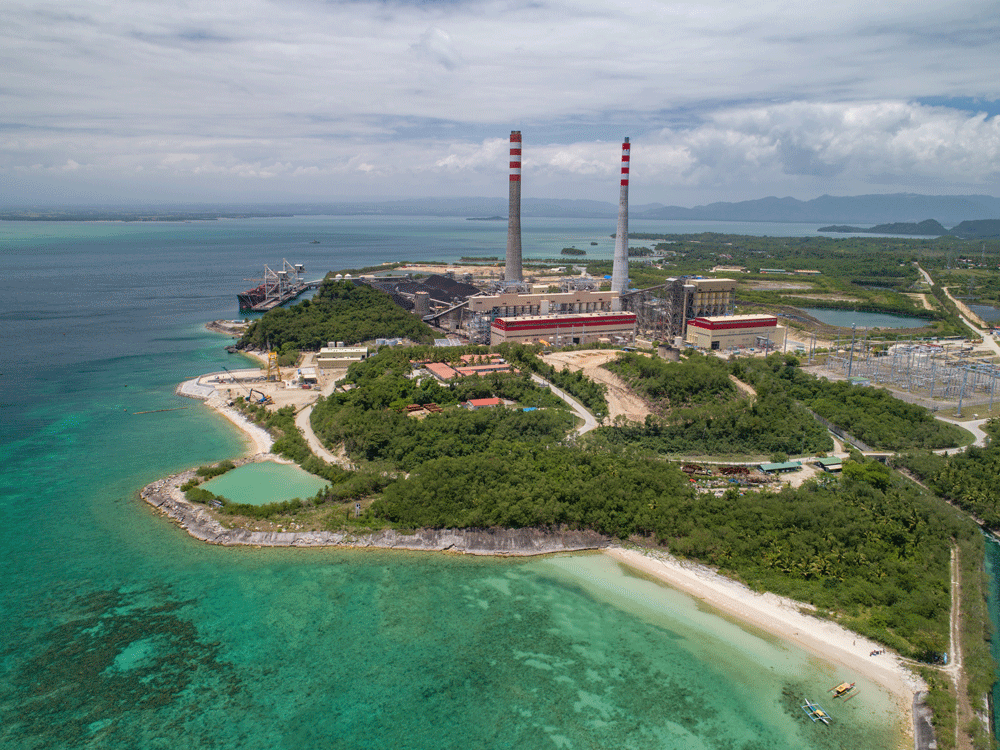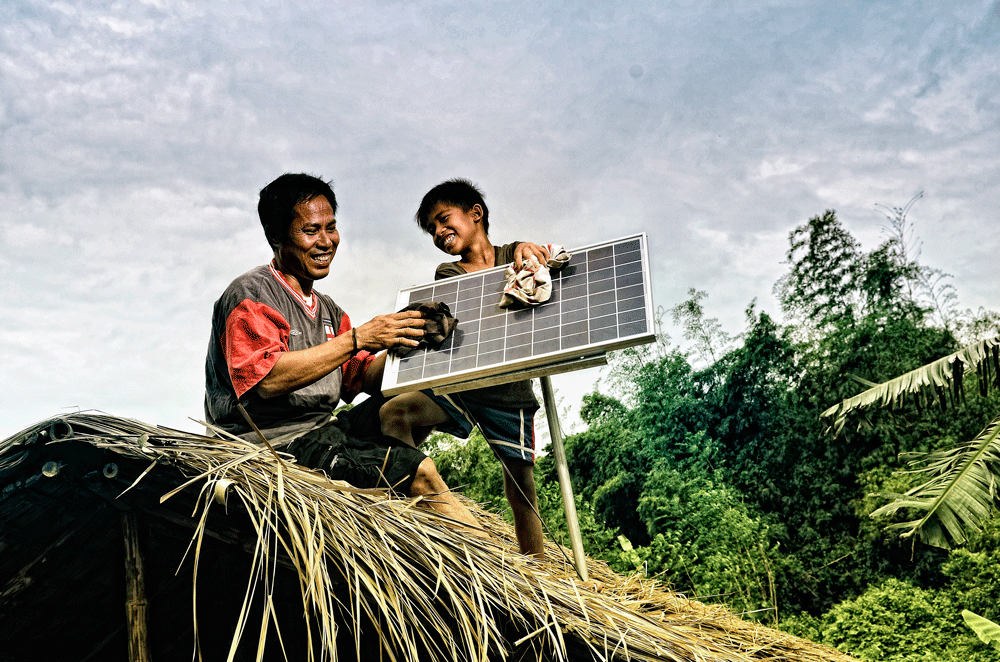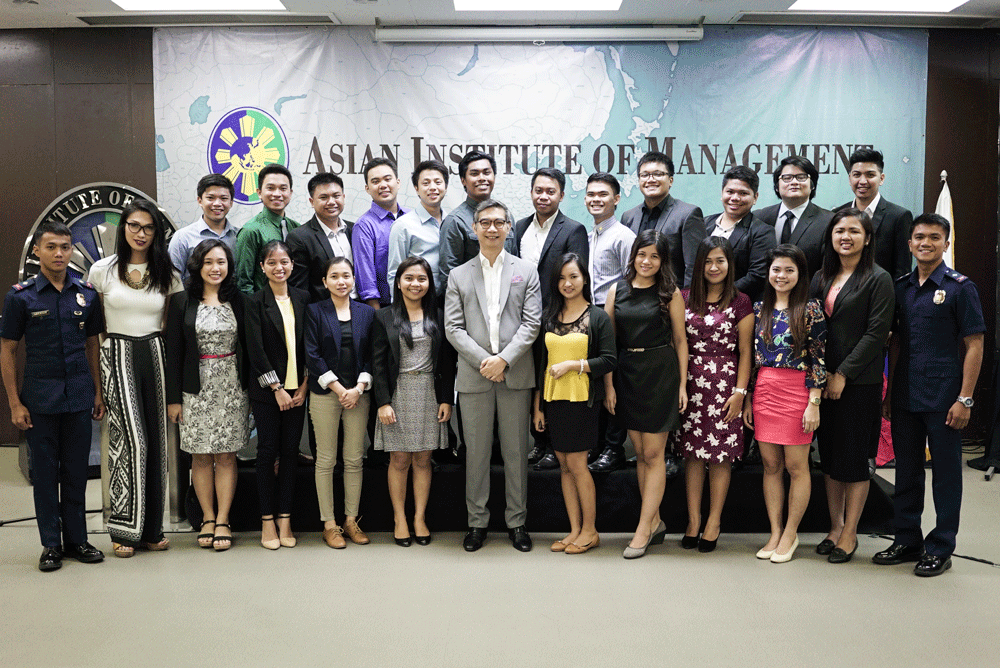How a Japanese company is contributing to a nation’s progress
As the Philippines and Japan pledge to strengthen economic ties under the administration of President Rodrigo R. Duterte, Japanese investments are seen to play a vital role in the country’s progress and development.
During Japanese Prime Minister Shinzo Abe’s visit to the Philippines last January, he pledged official development assistance and private investments worth over PhP 434 billion in the next five years. He mentioned leveraging Japanese technology and know-how for the improvement of infrastructure in Metro Manila and the whole Philippines.
According to the Department of Trade and Industry, since signing the Japan-Philippines Economic Partnership Agreement (JPEPA) in 2006, Japan has become the Philippines’ top trading partner and source of investments.
Biggest Japanese Investment
Japan is recognized for being a world leader in technology. The Japanese people are well known for their innovation, discipline, and admirable work ethic. These are the reasons why Japanese products have a reputation for excellent quality.
TeaM Energy Corporation, whose name is derived from the first letters of “Tokyo Electric And Marubeni,” is a synergy of some of Japan’s biggest conglomerates – Tokyo Electric Power Company (TEPCO), Marubeni Corporation (Marubeni) and recently, Chubu Electric Company, whose power generation and fuel businesses have been integrated with those of TEPCO’s to form JERA Co. – thus its tagline “Strength in Synergy.”
TeaM Energy is considered as the largest Japanese investment in the Philippines with close to USD 4 billion invested in the country. While having Japanese roots, the company is run by a predominantly Filipino work-force.
The consortium of TEPCO and Marubeni, through a share purchase, acquired what was then known as Mirant Philippines in 2007, and continued the operation of two coal-fired power plants in the country: the 735 MW Pagbilao Power Plant in Quezon and the 1,218 MW Sual Power Plant in Pangasinan. The company also has a 20% stake at the Ilijan Natural Gas-fired Power Plant in Batangas.
As part of its plan to increase investments in the Philippines, in 2014, TeaM Energy, together with Aboitiz Power, started constructing a third generating unit in the Pagbilao Plant, together investing USD 1 billion. Dubbed as “Pagbilao Unit 3,” it was built under a joint venture company named “Pagbilao Energy Corporation.” It is a 400 MW coal-fired power plant adjacent to the existing Units 1 and 2 of TeaM Energy’s Pagbilao Power Station. The new facility is a response to the country’s growing energy needs and is expected to begin commercial operations this December 2017.
Since 2007, TeaM Energy has created income and employment opportunities for members of the community and has supported numerous Corporate Social Responsibility (CSR) programs, while paying billions of pesos in taxes to the national and local government – – funds which have been used by government for the development of the Philippines.
“As the biggest Japanese investment in the Philippines, TeaM Energy is fully committed to partnering with the Philippine government in bringing progress and development to the nation,” said John Alcordo, Chairman and CEO of TeaM Energy. “We are confident that the administration of President Duterte holds the promise of making significant socio-economic gains that will ultimately result in a better life for Filipinos,” he adds.

SUAL POWER PLANT, PANGASINAN
Japanese Innovation, Filipino Resilience
Through the synergy of the best Japanese and Filipino culture and practices, TeaM Energy has maintained the excellent operation of its facilities.
Built in the 1990s to help address the nationwide energy crisis during that time, the Pagbilao Power Station and Sual Power Station were among the first power plants constructed under Build-Operate-Transfer contracts with the National Power Corporation.
The Pagbilao Power Plant was constructed in 1993 by Hopewell Energy (started commercial operations in 1996) while the Sual Power Plant was constructed in 1996 by Consolidated Electric Power Asia or CEPA (started commercial operations in 1999). At the time of the acquisition by the TEPCO and Marubeni consortium in 2007, these were being operated by the American company, Mirant.
Together, the Pagbilao and Sual Power Plants generate a combined total of 2,058 Megawatts (MW) of electricity, accounting for approximately 15.8% of the generating capacity of the Luzon Grid. This is enough to power over 2,000 medium-sized factories or 20 million households.
Though the power stations are already considered to be “aging,” operating for more than 15 years, TeaM Energy embraces this as an opportunity and a challenge to continuously evolve and improve their operations in order to meet the most stringent of environmental standards.
This includes the holding of Skills Olympics for the operations and maintenance of the power plants. TeaM Energy’s Skills Olympics is the only one of its kind in the Philippines, patterned after TEPCO’s skills competition in Tokyo, Japan. The event aims to enhance manpower capabilities in ensuring reliable energy supply to the nation. Here, teams compete under pressure by demonstrating appropriate actions and decisions in handling unforeseen plant malfunctions as they try to maintain safe, environmentally-friendly and reliable operations of the power station.

PAGBILAO POWER PLANT, QUEZON
Operational Excellence
The excellent operation of TeaM Energy’s facilities is the core and basis of the business. Both power plants have received the Quality Management System Certification (ISO 9001:2008 Certification) to ensure that systems are in place for the reliable operations of the plants. Both plants also have the ISO 14001 Environmental Management System and the OHSAS 18001 Occupational Health and Safety Assessment Systems in place.
Both the Sual and Pagbilao Power Plants have received numerous awards for their environmental performance. Among them was the Official Seal of Approval given by the Department of Environment and Natural Resources in 2012. This award is given to the most environmentally responsible corporations operating in the country for their exemplary performance under the Philippine Environmental Partnership Program of the DENR.
In the 2013 Likas Yaman Awards, the DENR also awarded the Sual Power Station as a Best Partner in Industry for setting standards in safety, health and environmental performance. The Pagbilao plant also received a citation from the DENR for its solid waste management program in 2016.
TeaM Energy is also a part of the Integrity Initiative (II), a private sector movement where companies commit to abide by a unified code of ethical business practices to end the vicious cycle of corruption. The power firm attained the “advanced” rating from the II audit of its business processes—one of only 14 companies in the country to achieve this rating.
Significant Social Contribution
TeaM Energy has not only served the Philippines by providing reliable and affordable energy to Filipinos. The company has gone beyond its business by providing significant social contribution programs not only to the people who reside in the areas the company operates in; it also took the initiative to provide quality corporate social responsibility (CSR) programs even to far-flung areas in the country.
Its flagship electrification program that was started by its predecessors has so far energized over 1,000 barangays nationwide, benefitting an estimated 1.5 million individuals at a cost of over PhP 1.5 billion.
True to its mission to uplift lives, TeaM Energy, through its social development arm, TeaM Energy Foundation Inc. (TEFI), also implements the Household Electrification Assistance through Renewable Technology and Social Preparation for the Upliftment of Lives (HEART and SOUL) program.

TURN OVER OF SOLAR HOME SYSTEMS IN SILAKI ISLAND, PANGASINAN
HEART and SOUL is a community-based program using solar technology. Since 2010, the program has energized 5,818 households benefitting an estimated 30,000 individuals in Polilio Islands in Quezon Province and Infanta, Pangasinan.

A FAMILY IS PROVIDED SOLAR POWER THROUGH TEAM ENERGY’S HEART AND SOUL PROGRAM
Students from underprivileged families have benefitted from the college scholarship programs of TeaM Energy. Since 2007, a total of 73 students have finished college—mostly engineering courses– helping their respective families escape the cycle of poverty.
To mitigate the power plants’ environmental impact and carbon footprint, the Carbon Sink Initiative was put in place. The program protects mangrove ecosystems in Pagbilao and Padre Burgos in Quezon and in Sual, Pangasinan. In Pagbilao, the 145-hectare mangrove ecosystem is classified the second most bio-diverse in the world, hosting 48 true mangrove species and supporting various marine life and bird species.
Through Energy Regulation 1-94 (ER1-94), a provision in the Electric Power Industry Reform Act (EPIRA) which requires power generation facilities to provide one centavo per kilowatt hour of electricity sales to fund development projects for the host community, TeaM Energy’s presence has so far led to the implementation of projects worth a total of PhP 750 million in the barangay, local, and provincial government units. These projects were implemented in partnership with the Department of Energy, and various local government and barangay partners.
Projects implemented through the ER1-94 include upgrading of public school and hospital facilities, road improvements, improvement of water sources and expansion of water systems, construction of sewerage systems, barangay health centers and day care centers, electrification of households, and purchase of solid waste management equipment among others.

YOUTH FELLOWS OF THE FUTURE BRIDGING LEADERSHIP PROGRAM ARE MENTORED AND TRAINED TO SPEARHEAD COMMUNITY DEVELOPMENT PROGRAMS IN THEIR CHOSEN FIELD AND AREA
One of the more unique, high impact CSR initiatives of TeaM Energy is its Bridging Leadership program. Conducted in partnership with the Asian Institute of Management, the BL program aims to develop leaders capable of bridging societal divides throughout the country.
The BL program equips selected leaders with the skill and capacity to solve the country’s numerous problems by giving them formal training utilizing tried and tested tools as developed by experienced and respected academicians.
The company is also an active participant in disaster response. When Typhoon Glenda hit the Province of Quezon in July 2014 and left substantial damage, TeaM Energy readily responded to the needs of the communities by providing generator sets to the municipal district hospitals and rehabilitated 11 schools in Pagbilao that were damaged by the typhoon.
Continued Partnership
As the biggest Japanese investment in the country, TeaM Energy is a testament to the many years of good relationship between the Philippines and Japan. As the country looks forward to the promise of Prime Minister Shinzo Abe’s increased investments and aid of Japan to the Philippines over the next five years, we can expect to see more of the Japanese people’s innovation, discipline, and technological expertise as the country moves forward under the Duterte administration. ADVT